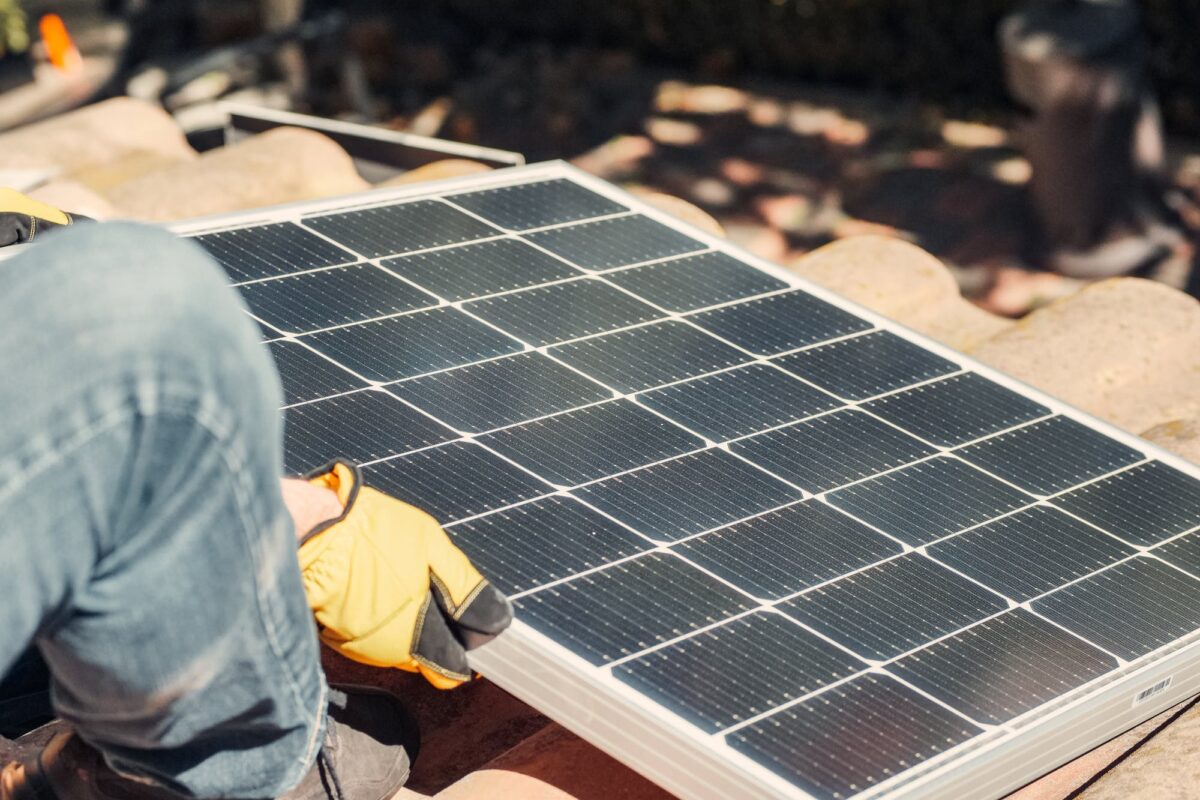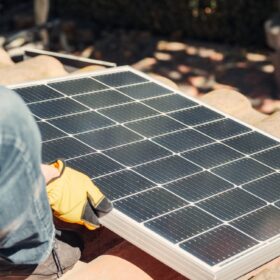Batteries are increasingly becoming big business, particularly in California, and this is leading to the growth of a new class of energy storage start-ups.
One of the companies that is scaling rapidly is esVolta. The company only formed at the end of 2017, coming out of the gate with the acquisition of 116 megawatt-hours (MWh) of projects from Powin Energy last December, and has grown substantially since then.
Yesterday the company’s list of active projects grew, with esVolta announcing a contract to develop, build and operate four new battery projects totaling 38.5 megawatt-hours (MWh) for Southern California Edison (SCE) in Ventura and Riverside Counties.
The Wildcat Energy Storage and Acorn Energy Storage projects were awarded in SCE’s 2017 Integrated Distributed Energy Request for Offers (RFO), and will help SCE to both enhance reliability and avoid more costly upgrades to its distribution system by targeted deployment of batteries. In terms of their participation in the market, the projects will provide both energy and ancillary services to the California grid.
The Wildcat Energy Storage project will feature a 3 MW/12 MWh near Palm Springs, and the three Acorn Energy Storage projects will total 6.5 MW/26.5 MWh in Thousand Oaks.
All four still need approval by California regulators before they can proceed, and esVolta expects to put all four projects only by March 2020.
These follow on the awarding last July of a massive 75 MW / 300 MWh energy storage project by Pacific Gas & Electric Company for Santa Clara, in the heart of California’s Silicon Valley.
esVolta’s website notes that the company has an operational portfolio of 116 MWh. Completion of the SCE and PG&E projects would bring this to over 450 MWh, but this may be only the beginning, as esVolta estimates that it has around 2,000 MWh of projects in its development pipeline.
This content is protected by copyright and may not be reused. If you want to cooperate with us and would like to reuse some of our content, please contact: editors@pv-magazine.com.









I guess the battery sales spotlight is moving from Tesla to the more technically advanced and economical suppliers. Tesla was always overrated and hyped in battery knowledge, but ignored by conversations in cost efficiency. Tesla fan club members have been making superfluous predictions of Tesla’s supremacy in li-ion batteries, but Tesla has been leap-frogged several times now.